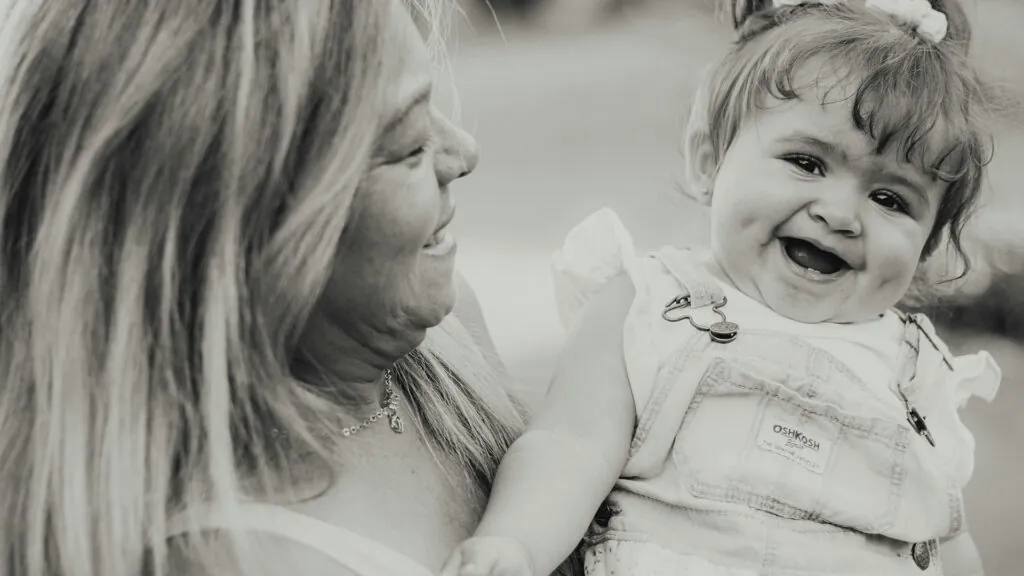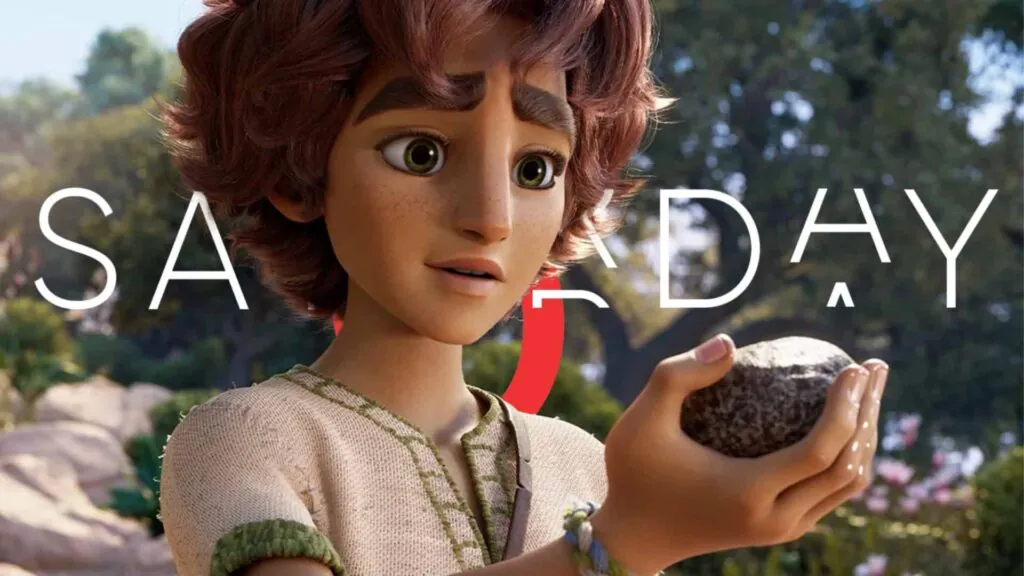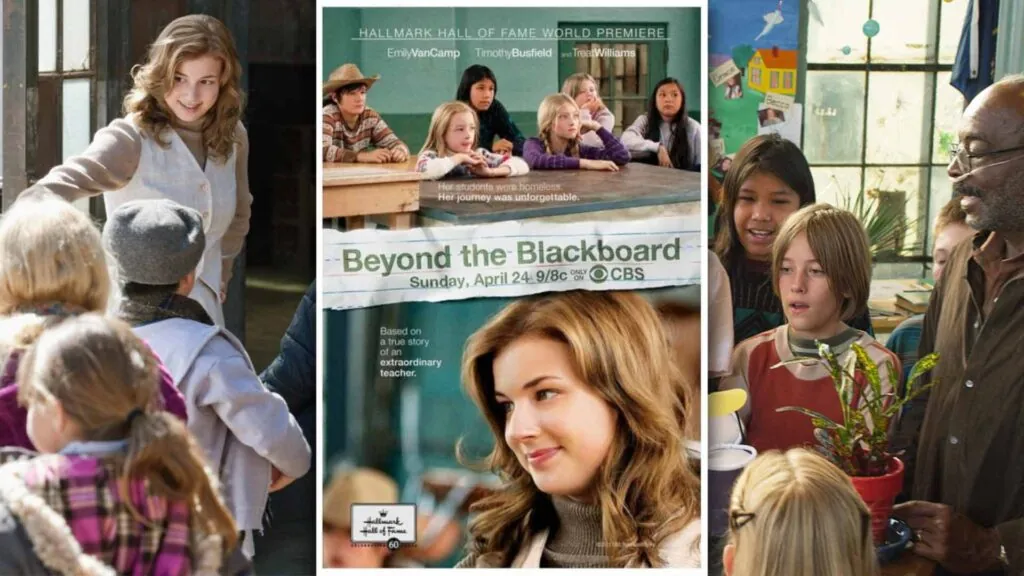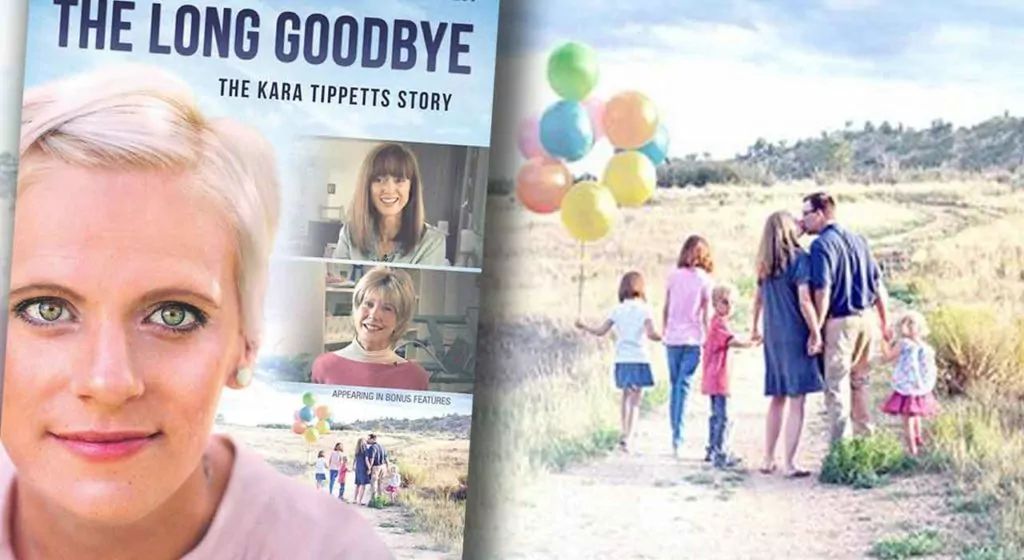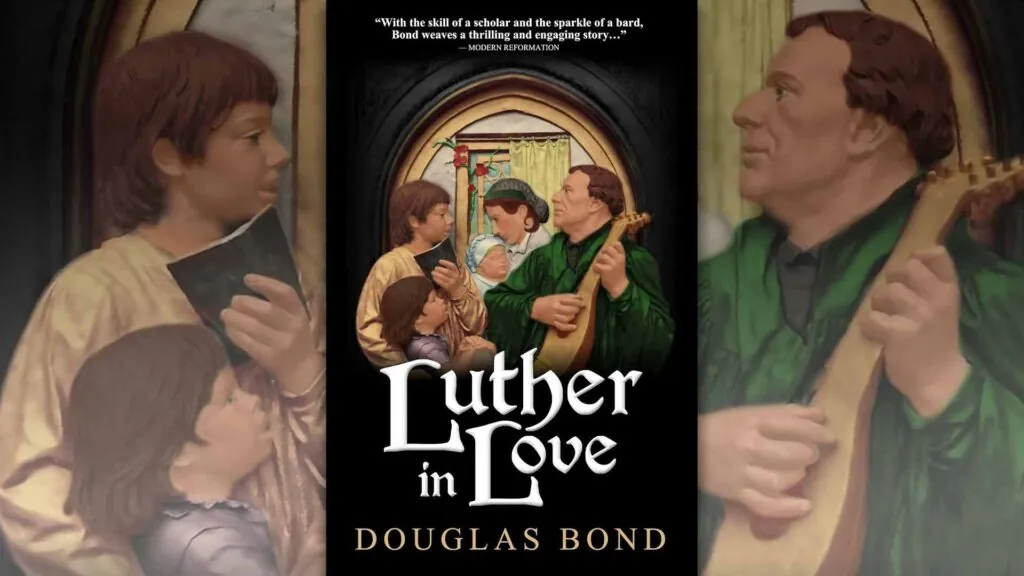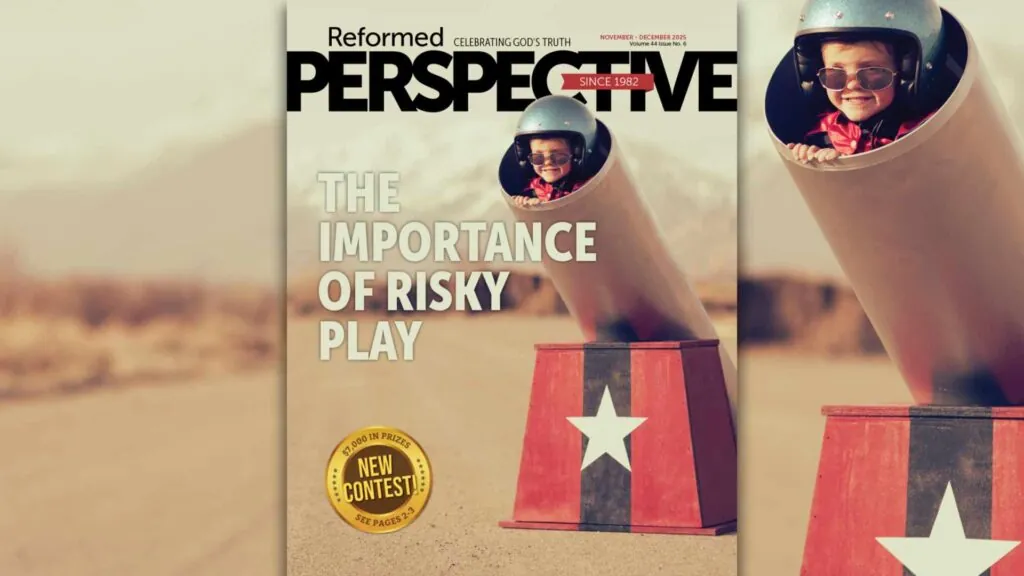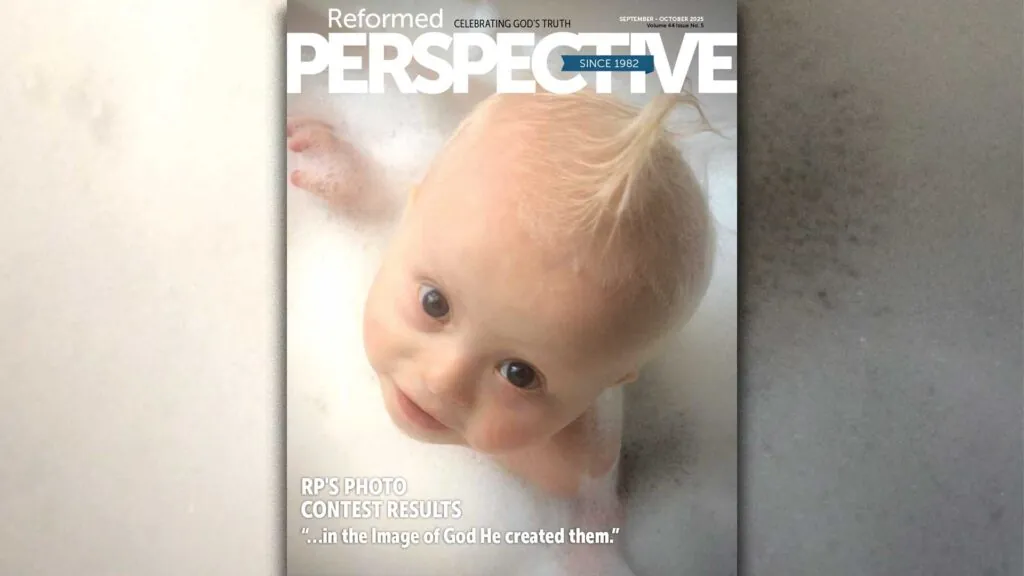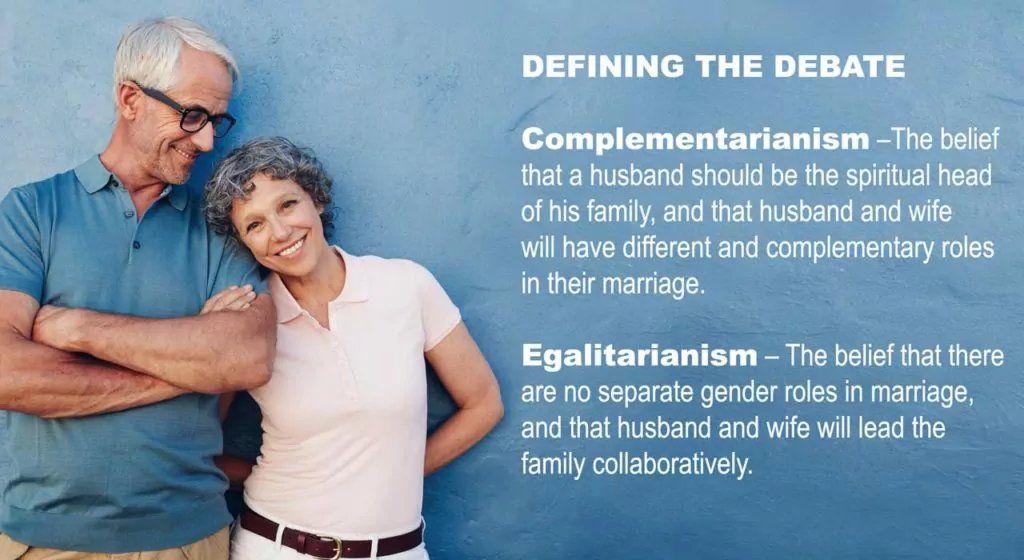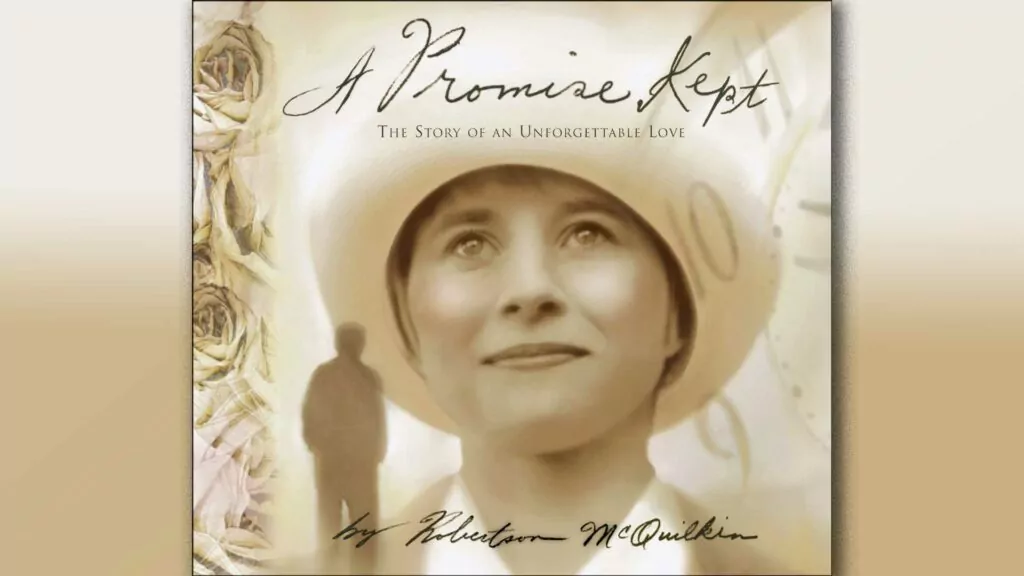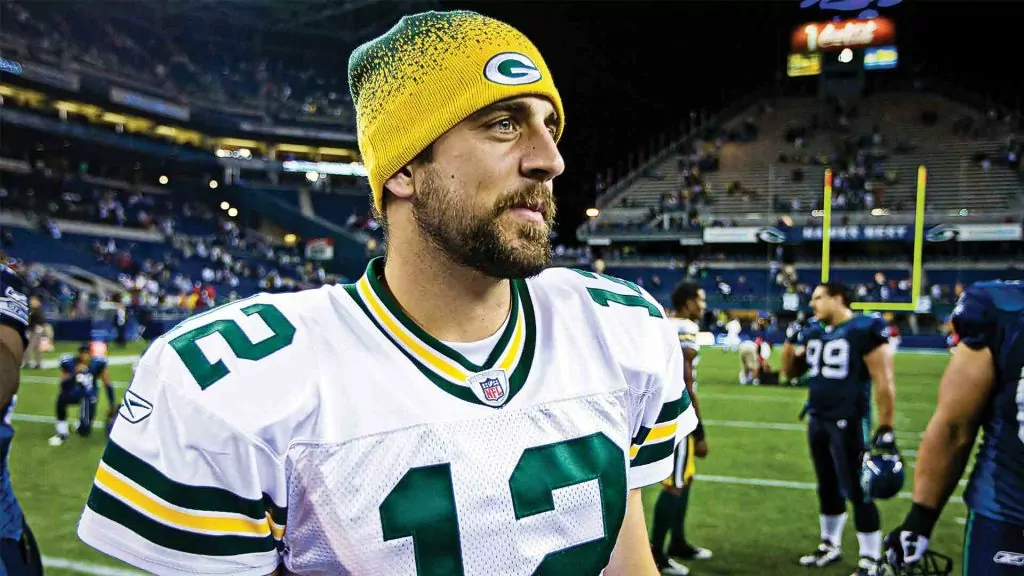
Christian education
Where has all the creativity gone?
Education needs to be about great books and great ideas...
****
"Is This The Worst-Ever Era of American Pop Culture?" That was the question asked by a recent Atlantic article about the sheer number of prequels, sequels, remakes, and expanding “cinematic universes.” Among the most notable recent examples in the world of film is Wicked, which reimagined the world of Oz.
The same creative stagnation can be seen in music. While earlier generations could produce distinct kinds of music, it’s increasingly difficult to find meaningful stylistic differences today. Some of the most popular songs aren’t even composed by humans but generated by AI. Where has all the creativity gone?
Many explanations could be offered, but one deserves particular attention. There’s been a precipitous decline of the kind of education in America that awakens the moral imagination, enabling students to think creatively and innovatively within a framework of what is enduring and true. In its place is an education oriented around expressive individualism, where children are encouraged to “follow their hearts” and “look inside,” rather than first know the true, good, and beautiful.
Classic stories develop a life-long love of learning
Classical Christian education is uniquely positioned to fill this void. At its best, the modern classical education movement seeks to recover what Dorothy Sayers described as "the lost tools of learning.” Such an education – centered on great books, great ideas, and classical languages – aims not merely at information transfer but at the formation of a virtuous life. Students are trained in virtue, encouraged to emulate heroes, and invited to explore and embrace visions of greatness. In the process, many develop a lifelong love of learning.
Vigen Guroian offers a compelling account of this formative process in his book Tending the Heart of Virtue: How Classical Stories Awaken a Child’s Moral Imagination. He explains how classic children’s stories like Pinocchio, The Velveteen Rabbit, and The Lion, the Witch, and the Wardrobe can shape a child’s moral imagination. Young readers are transported into worlds filled with wonder, surprise, and danger. As they imagine themselves alongside heroes and heroines, the images and metaphors of the stories linger and shape how they experience the real world. Children internalize concrete pictures of good, evil, love, and sacrifice by which they can interpret their own lives. When the moral imagination is awakened, Guroian concludes, the virtues come alive with personal, existential, and social significance.
C.S. Lewis made a similar point in The Abolition of Man. After criticizing the dominant educational models that fail to form human beings, he described how education should cultivate students “with chests.” The “chest” mediates between reason and appetite, enabling students to not only recognize what is noble and what is base, and discern between that which deserves love and that which does not, but to also choose rightly between them. This moral formation reflects what makes us truly human.
Creativity has to be grounded in Truth
If popular culture is to experience a renewal of genuine creativity and innovation, classical Christian education may well be the taproot. Ironically, the renewal of innovation doesn’t begin by encouraging innovation for it’s own sake, or from an obsession with what is trendy or new. Rather, it will begin with an immersion in what is permanent and true. It will begin with curious hearts and minds that are trained to think imaginatively within a meaningful moral framework. As Russell Kirk once observed, the works that endure are not those rooted in nihilism, but those that appeal to enduring truths and therefore to posterity.
If classical education is to be Christian, it must be tied to the grand biblical story of Creation, Fall, Redemption, and Restoration. Learning that is interpreted through a Christian worldview will affirm the dignity of human nature and will also acknowledge its limits, clearly distinguishing between Creator and creation. Within this rich moral universe, students are inspired to imagine and create in ways that honor what is true, just, pure, lovely, virtuous, and praiseworthy.
Classical Christian education offers a compelling model for education in an age of cultural decadence. It is anchored in Christ, “in whom are hidden all the treasures of wisdom and knowledge.” By forming the moral imagination, Christians are equipped to not only resist cultural stagnation but to create culture anew, as co-laborers with the One who even now is “making all things new.”
This Breakpoint was co-authored by Andrew Carico. For more resources to live like a Christian in this cultural moment, go to Breakpoint.org. This is reprinted with permission from the Colson Center.

News
Saturday Selections – Jan. 24, 2026
Why does Denmark own Greenland? (3 min)
Lots of talk going on about Greenland as of late. Here's a quick primer on how Greenland came to be Danish...
Samuel Sey: Is my "interracial" marriage against God's design?
Some are trying to find truth by reacting off liars on the Left. So, for example, when the woke Left says headship is a wrong that must be righted, the response from some is, not to go to God's Word, but to fall off the other side of the horse committing an equal and opposite sin – they become domineering husbands who pretend their wives are children. And this interracial question seems to be a weird response to the Left's elevation of blacks as victims who must always be deferred to. In reaction, some are turning into whites-only racists, and worse yet, doing so while calling themselves Christians.
The lesson, then, is to go to God, rather than react. And anyone who went to God's Word would find that there is no such thing as different races. We are all children of the same parents, Adam and Eve. So "interracial" marriage isn't wrong because it isn't even possible.
Does Tylenol cause autism?
Trump made that claim some months back and while some seem to think the surest source of truth is simply to run with the very opposite of what the US president has tweeted, no one is that reliably wrong. But a new study does conclude he was indeed wrong this time.
Court rules Trudeau was wrong to use the Emergency Measures Act against the truckers
This is the second legal loss in a row for the former PM.
Canada's killing-as-care regime finally got this mother's son
A young man who was previously saved from his approved euthanasia plans 4 years ago wasn't as fortunate this time. An abortionist who will kill adults too put him to death in December... legally it seems, even before Parliament has approved killing the mentally ill.
If murder is medicine, then what argument can be had for withholding this medicine? The only counter to such thinking is telling the Christian truth that our lives are not our own. No other hedge or restriction or speed bump will work. We need the full Gospel truth delivered to people who are dying for want of it.
Choice42 with a brutal reality we've all forgotten
WARNING: This is animated, so some of the brutality is muted. But the sheer horror of what it recounts might be too much for some, so viewers beware... and don't watch this with your younger kids around.
In the lead up to the March for Life, the Trump administration announced they'd stop using the remains of aborted children for medical research. Many vaccines have been developed using the remains of fetuses, so this is a welcome move.
But is it really all that problematic if we use vaccines so developed? Many of the remains used were from children murdered decades ago, as this video below highlights. So should we still be concerned? There are medical procedures in use today that were developed via torturous Nazi experimentation but does the unethical means by which they were discovered mean we can't use them? One example is treatments for hypothermia, derived by Nazis deliberately freezing their victims before testing out various ways of treating them. Can we today not use the best means of treating hypothermia just because a Nazi discovered it via immoral means?
Many and maybe most would say, yes we can still make use of the Nazi research, even with how wickedly it was produced. But the difference between using vaccines derived from butchered unborn children and using research derived from Nazi torture is that no one today is trying to justify further Nazi torture. No one is saying, "The Nazi research methods worked, so we should do more of it." But medical experimentation on embryos is ongoing, and used as a means of appeasing parents who would otherwise have to go to the expense of freezing their "extra" embryos or the guilt of "disposing" of them. Instead they can "donate" them to scientific research. The Nazi Holocaust is over and recognized for the evil it was. The unborn holocaust continues, and medical research on the unborn is just one more justification for it.
So how do we address the moral dilemma parents face when it comes time to vaccinate our children? I don't have a great answer. I can share the unsatisfactory approach we used – we sought out vaccines that weren't derived from fetal remains. And when that wasn't possible – there isn't much demand, so there isn't much supply – we did use the tainted vaccines, but then also sought to advance the production of fetal-free vaccines by making a donation to a group doing that work.
Today's Devotional

January 27 - I must know how to be set free
“And God spoke all these words, saying:“I am the Lord your God, who brought you out of the land of Egypt, out of the house of bondage.”” - Exodus 20:1-2
Scripture reading: John 8:31-36
Apart from Christ, we remain in bondage and slaves to sin. Only Christ can set us free from the penalty and the power of sin. We need deliverance; to be released >
Today's Manna Podcast

Live as a child of light
Serving #1100 of Manna, prepared by P. Holtvluwer, is called "Live as a child of light".












